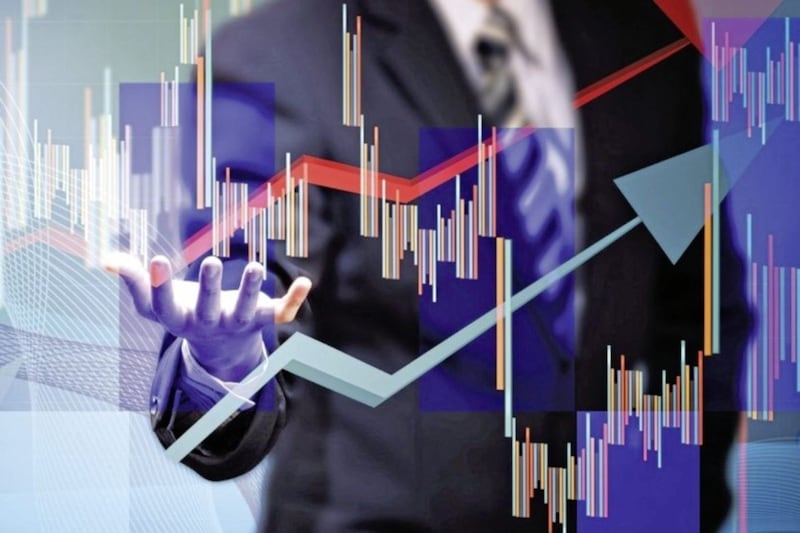By any measure it has been a strange start to the year. We've seen high levels of volatility, large takeover bids and a dramatic rotation from growth stocks into value stocks.
So far this year the tech-dominated Nasdaq index has fallen by 11.99 per cent, the most dramatic move of all the market indices and the S&P 500 has seen a fall of 7.73 per cent, whereas the erstwhile under-performer, the FTSE 100, is up on the year, by 1.48 per cent. This is a turnaround indeed and largely attributable to the make-up of the UK index – lots of financials, mining and energy stocks.
We have seen some large takeover bids of late – the Microsoft agreed bid for Activision Blizzard for an eye-watering $75billion is a game-changer (excuse the pun) – propelling Microsoft into third position in the gaming world behind Tencent and Sony.
A week ago we also saw Unilever bidding £50 billion for GlaxoSmithKline’s consumer healthcare business, although this was less-well received, with Glaxo saying that the bid fundamentally undervalued the business and its growth prospects. Unilever saw its share price slide by 6 per cent as news of the rejection reached the market.
There is clearly much going on in the markets. One thing that is perhaps not so apparent is the under-performance of the UK mid-cap sector relative to the larger companies. In August last year the FTSE 250 stood at a 50 per cent premium in valuation terms relative to the FTSE 100 – this has now fallen significantly to a 22 per cent premium.
At the forefront of investors’ minds is the advent of higher inflation. Last week we saw the latest figures for the consumer price index show a higher-than-expected level of 5.4 per cent for December and in the US inflation is seeing the fastest rate of increase for 40 years, currently standing at 7 per cent.
Opinion about inflation is divided: those who believe it is a transitory phenomenon say that once the energy price hikes fall out of the calculation later this year it will decline, but those who are of the opinion that it will remain higher for longer cite the vast quantities of money injected into the system as a cause for continuing price rises.
It is generally expected that the result will be a number of interest rate rises in the UK and US this year – we may not have long to wait with the next Bank of England meeting due to take place on 3 February.
On a more positive note, economic growth in the UK is now back above pre-pandemic levels, as is employment. Fears of the long-lasting damage to the economy from Covid seem to be misplaced and the speed of recovery compares favourably with the global financial crisis, when it took five years to regain growth levels.
There is more confidence that we are seeing the beginning of the end of the pandemic, although the emergence of a new variant cannot be ruled out. Despite the risks, there are grounds for optimism and perhaps we should view market volatility as an opportunity.
:: Cathy Dixon is a partner at the Belfast office of Smith & Williamson Investment Management. This article does not constitute a recommendation to buy or sell investments and the value of any shares may fall as well as rise.









